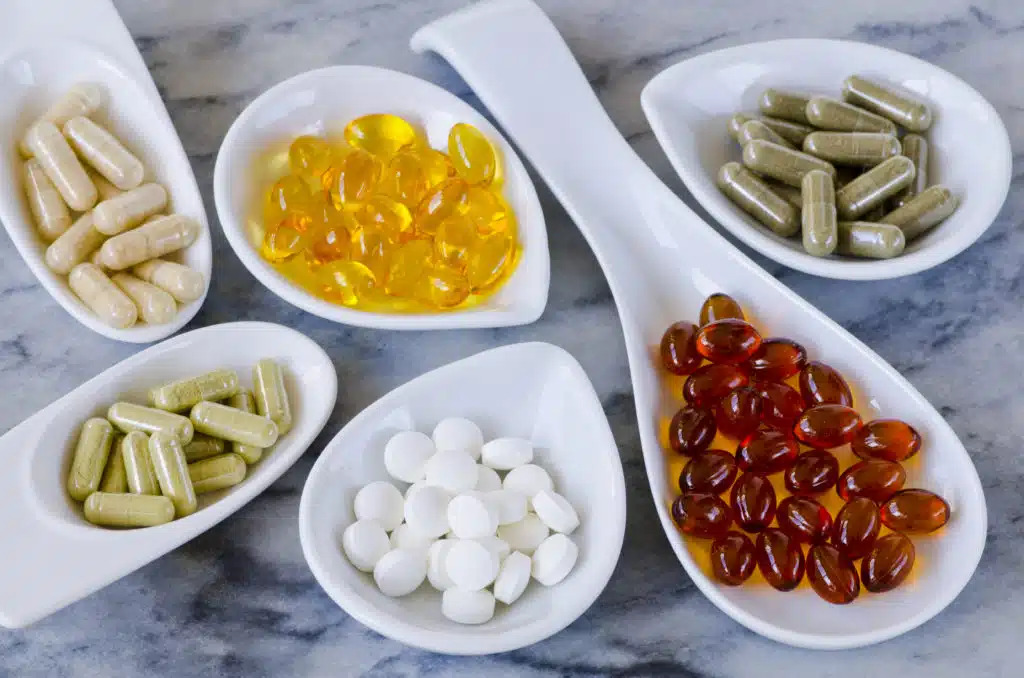By Qinyang Jiang
Have you ever wondered what you can do to prevent heart disease?
Well … you could certainly focus on healthy habits, like getting regular exercise, managing your blood pressure, controlling your cholesterol levels, getting a good night’s rest, and eating a diet rich in fruits and vegetables.
While these are all great habits to develop, you can support your efforts with one extra step, by increasing your magnesium!
This small—yet mighty—macromineral, is essential to protect the body from heart disease.
Studies show that individuals who don’t consume enough magnesium are at higher risk for cardiovascular-related diseases such as hypertension, stroke, and coronary artery calcification (CAC), which refers to a buildup of calcium in the arteries.
In one study involving 34,553 subjects, researchers found a correlation between magnesium and heart disease. What they found is that low magnesium consumption was significantly correlated with the development of CAC, a precursor to other adverse cardiovascular problems.
Even in individuals who had minimal pre-existing risk for heart disease, low magnesium levels were a risk for CAC.
Statistics show that more than 50 percent of Americans are not meeting their recommended daily intake for magnesium, and experts say they would benefit from doing so.
An increase in dietary magnesium can prevent calcification of the arteries and avert more serious heart complications.
The recommended daily allowance (RDA) for magnesium intake in adults varies from person to person, but a general rule of thumb is 400 mg for men aged 19-30 years, and 310 mg for women aged 19-30 years.
The RDA varies based on age and health status, and especially among women. Pregnancy also affects the recommended intake.
To ensure your daily magnesium intake, there are a variety of whole foods you can choose from!
Rich sources of magnesium are found in green leafy vegetables, whole grains, nuts and seeds, seafood, and legumes, according to the National Institutes of Health (NIH).
Just 1 ounce of pumpkin seed kernels can provide around 150-160 mg of magnesium. That’s half of the recommended daily intake for females!
Spinach is another wonderful source, coming in at an average of 150-160 mg per 1 cup of cooked spinach (approximately 38% RDA for males and 50% RDA for females.)
Sources:


